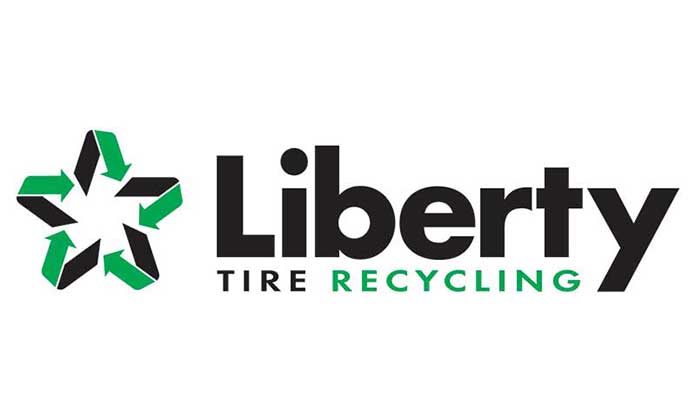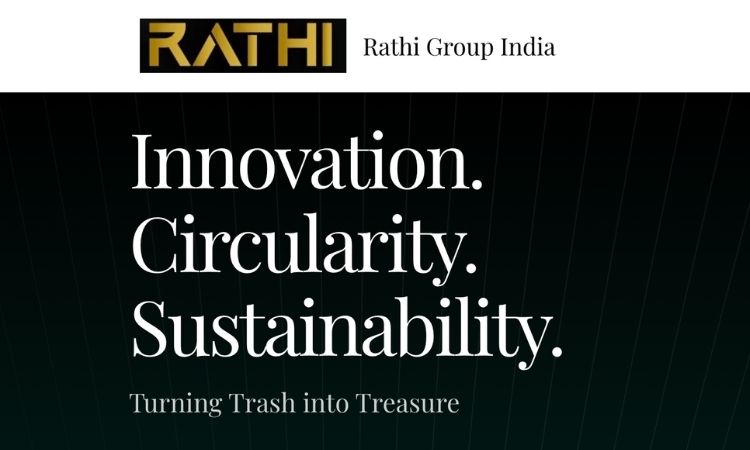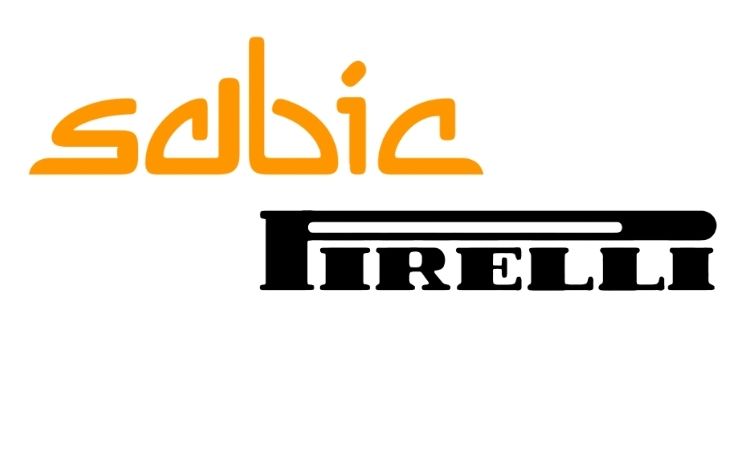Gujarat approves continuous tyre pyrolysis plants after 13-year ban
The Government of Gujarat, through the State Pollution Control Board (GPCB), has officially approved the establishment of continuous tyre pyrolysis plants for the production of tyre pyrolysis oil (TPO) and recovered carbon black (rCB). This marks the end of a 13-year ban on such operations, previously imposed due to environmental and public health concerns. The approval is seen as a significant milestone for the tyre recycling sector, particularly in one of India's most industrialised states.
“This approval comes after almost 13 years of a blanket ban imposed by GPCB on this process, making it a landmark moment for the industry,” informed Chetan Joshi, President, Tyre and Rubber Recyclers Association of India (TRRAI).
This policy shift follows the Central Pollution Control Board’s (CPCB) issuance of a Standard Operating Procedure (SOP) in January 2024. The SOP outlines siting criteria, safety protocols, and environmental norms for TPO units and distinguishes between two technologies: Advanced Batch Automated Process (ABAP) and the Continuous Process. Continuous pyrolysis is favoured due to its lower pollution risk and improved safety standards.
Only continuous pyrolysis plants with a minimum capacity of 60 tonnes per day (TPD) will be permitted. These projects must be developed on a minimum land area of 7,000 square meters and will be subject to strict monitoring and enforcement based on CPCB’s guidelines. TPO output must be sold only to authorised oil manufacturers, and the generated charcoal must either be co-processed in cement industries or upgraded into RCB for reuse.
To learn more, read the full article by Tyre & Rubber Recycling Magazine on the recent policy shift and its implications for India’s tyre recycling industry.
Weibold is an international consulting company specializing exclusively in end-of-life tire recycling and pyrolysis. Since 1999, we have helped companies grow and build profitable businesses.









